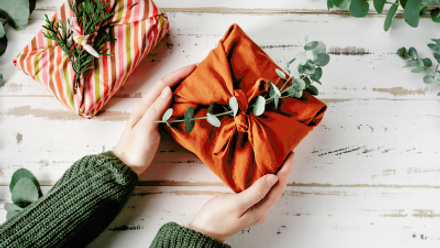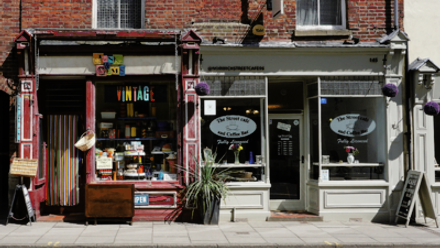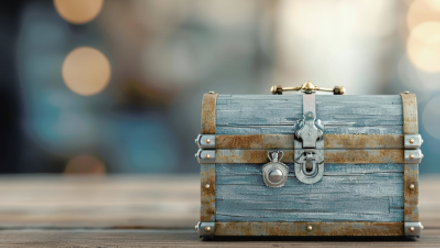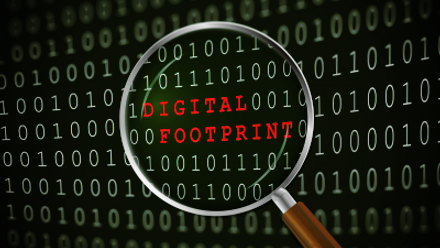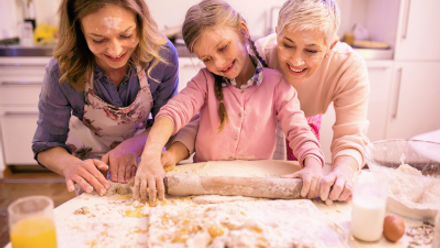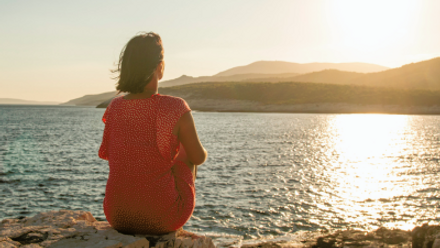Developing more sustainable habits
5 min read
As we explored in yesterday’s blog, becoming more sustainable is important for the health of the planet and ourselves – but that doesn’t mean it’s easy! To make changes that stick, we have to make sure that they’re sustainable for us too – as good intentions can easily fall by the wayside if we’ve not found a way to properly incorporate them into our lives.
In today’s blog, APDO member Karen Woodman helps us investigate ways to make lasting changes in our lives - ones that really stick and make a difference.
One good way to integrate a change is to make it a habit. Did you make a conscious decision to brush your teeth today? Probably not! Habits (i.e. things we do regularly) can become automatic – so if we develop sustainable habits then the hope is that we eventually won’t even have to think about doing them.
But how do we develop these automatic habits? Well, whenever we decide to make a change, it’s important to start with ourselves – we’re all different, so we need to find what’ll work best for us. To do this, we can ask ourselves some questions…
What’s most important to me?
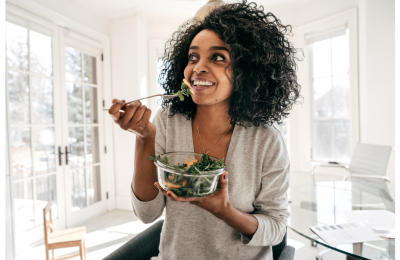
It can be easier to make changes if we have a ‘why’ – so, what are your reasons for wanting to become more sustainable? Perhaps it’s to create a better future for the next generation? Or concern for local wildlife? Or green spaces? Whatever your reasons, it can be helpful to directly link new habits with what we care about most – as reminding ourselves of the bigger picture can help us keep going even if it’s not easy.
What do I already do?
Before we start thinking about adding new behaviours, it can be good to consider where we’re starting from – so, what sustainable habits do you already have? A recycling bin? Walking/cycling instead of driving sometimes? A reusable water bottle? Rather than just thinking about the things that we don’t do, it can give us a boost to realise that we’re already taking some positive steps.
Then, once we’ve thought about what we care about and our current habits, we can start considering what changes we might like to make – if you’re not sure then a carbon footprint calculator like Giki can be a good starting point for some suggestions.
How do I work best and what will fit into my current life?
Next it’s important to get realistic – there are many things we could do, but they won’t all work for our current situations. For instance, if you live somewhere with poor public transport then hugely reducing your mileage might not be feasible right now – so rather than starting with something that’ll involve a huge change of lifestyle, begin by thinking about smaller changes that will be simpler. Maybe you could walk to the shops once a week?
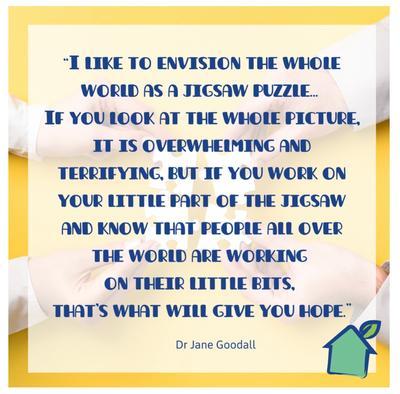
It may not seem ‘enough’, but trying to do too much is a big reason why new habits often don’t stick. Instead of ‘going big’, it can actually be more effective to integrate a small habit and then build up from there… and small actions can add up to big change – as Jen Gale, author of The Sustainable(ish) Living Guide, says “I got fed up with the narrative that we can only make a difference if we live off grid in a yurt and learn to knit our own yoghurt! Being “sustainable(ish)” means working out what works for YOU – it means small tweaks that can create change and make a difference”
So, we need to think about what’ll work for each of us – consider some questions: do you appreciate accountability or find it stifling? Do you love competition? Do you enjoy variety or consistency? The answers will be different for everyone, but can be a good starting point for what might work for you personally – and if you’re not sure than maybe think about a habit that you’ve successfully developed in the past and what you did that helped.
There are also lots of ‘habit hacks’ around, but they won’t all be right for everyone. The writer Gretchen Rubin talks about 21 strategies for habit formation and suggests that we experiment with which work for us. These are just a few of them…
- Convenience: eating veggie more often will be easier if we make sure there are always some basic veg ingredients in the cupboard
- Scheduling: putting ‘Meat-Free Monday’ on our calendar each week might help
- Habit pairing: doing two things together – so walking to work rather than driving might be more enjoyable if we’re listening to a favourite podcast
- Habit stacking: using one ingrained habit to help develop another – like checking all lights/appliances are off whenever we put on our coat to go out
Then, once you’re feeling ready to get started, there are a few key things to keep in mind…
- Progress, not perfection – taking small actions in the right direction is better than making huge changes that we then give up after a few days/weeks
- Curiosity, not judgement – if a change doesn’t stick then we shouldn’t beat ourselves up about it: just get curious about why and think about what we could tweak to make it work better
- There’s no ‘right’ way – what works will be different for us all and can even differ for each of us at different times in our life or for different habits
- ‘Mistakes’ are part of the journey – experimenting with what works means that things won’t always go as planned (but remember that we never know where a seemingly ‘wrong’ move might eventually take us)
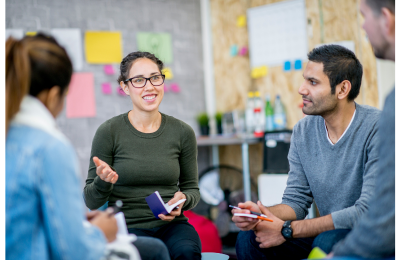
Joining a like-minded group, like Jen Gale’s Sustainable(ish) Clubhouse, can be helpful to share ideas (later blogs in this series will talk more about the importance of community) – and if you’d appreciate more accountability and support then you might also consider employing an APDO member to help.
Whatever you’ve decided to do (or if you’re still unsure), we’re hoping that the rest of our Spring Clearing Week blogs will provide some inspiration and practical suggestions to help you on your journey to a more sustainable future.
Karen Woodman is a productivity coach at Jumpstart Coaching and Organising who sees planning as a way for us all to get the most out of life – making sure that we’ve got enough time for the things that we want to do, as well as keeping on top of life admin and other necessary tasks. What that means and what methods might work will be different for everyone, so she enjoys exploring this with clients to work out how planning/systems can help to make their lives happier.
She’s also a member of Jen Gale’s Sustainable(ish) Clubhouse and leads workshops based on Gretchen Rubin’s Four Tendencies framework – but their mentions in this blog haven’t been requested or paid for.

